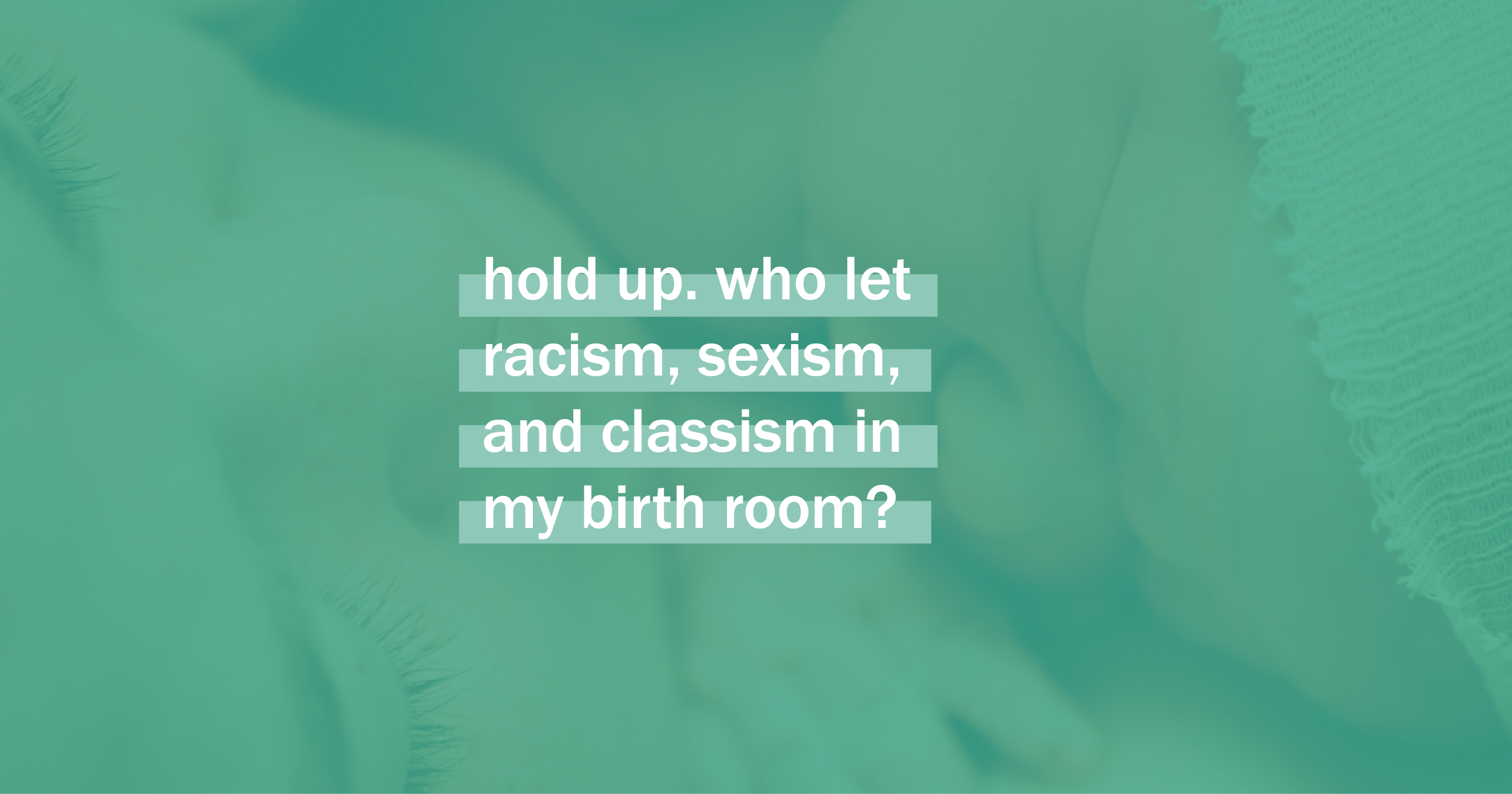5 Ways Placentas Are Not Gross, in Fact They're Actually Amazing
Alright grown-ups, let's give this incredible organ the dang respect it deserves already. For parents-to-be — you're going to see one of these real soon and you should know how you'd like to treat it!
To those who "ew," oh goodness, without the placenta, you wouldn't be here to "ew" at all my friend! That's right. Once upon a time, you had your very own placenta buddy! Now fix your face (if needed 😂) and read below for some placenta education and resources.🎂
Everyone and Their Ancestral Mama Has Something to Say About Placentas
All around the world people have created significant beliefs and traditions about placentas. Here are a handful, from Birth to Earth:
Swaddling the placenta in blankets and burying under a tree to symbolize ongoing life.
Viewed as life-giving, the placenta is dried and added to certain recipes meant to increase energy and vitality.
Considered the baby's first clothing; buried with the belief that after death, the soul will return to find it.
Placentas buried with items symbolizing the profession the parents hope the child will pursue.
Burned to keep evil spirits from finding it, and burning it closer to home is meant to ensure the child remains close to home.
The Guardian of Parent and Baby's Blood
If you're anything like me before I became a doula, you never thought about how blood type affected pregnancy — O, A, B, AB — what's the big deal, huh?
Turns out, it's a pretty big deal. If the maternal blood system and the baby's blood systems are different and they meet during pregnancy, it could cause the birthing parent's body to create antibodies to get rid of the "intruding" blood, endangering the pregnancy.
The placenta connects the two blood systems without them ever meeting. The baby's blood system travels into the placenta through the umbilical cord, and the birthing parent's blood system travels into the placenta through the uterine wall it's attached to.
In the middle, there's something called "intervillous space" where the nutrients that need to be exchanged can be exchanged (see below). Thank you, placentas!
The Placenta Multitasks All Day E'ryDay
Starting at week twelve, the placenta is fully formed and functional alongside your little one, acting as the lungs, kidneys, liver and immune system for the growing fetus. That's the work of many necessary organs/systems in one temporary one!
Sometimes Placentas Do Double-Duty, Other Times They Double Up!
With every pregnancy a new placenta grows, as unique as the new little one! With the exception, of course, of multiples! What happens then? Depending upon what point at which the egg splits, multiples may share a placenta or each have their own!
"Come on Already and Talk About the Part Where People Eat It." Alright!
There are many ways people have included the placenta in their postpartum health, including smoothies, capsules, creams, tinctures, and more. But why, you ask?
New parents who have consumed the placenta have reported less bleeding after birth, increased milk supply, reduced stress, reduced postpartum depression, increased energy, and improved appearance of hair/skin/nails.
The scientific research to back up these claims is minimal; we need larger and more comprehensive studies, so for now, you'll have to take these other parents' word for it! Of course, not everyone raves about it. I've appreciated the stories of parents who tried and said "Nope, not for me."
It underlines the truth we sometimes overlook in our excitement over this natural wonder: there's still a lot we don't know about the placenta post-birth, and like everything in life, what works for one person won't always work well for the next.
As always, do your research, weigh your options, and listen to your body.
So, what do you think? Is your placenta appreciation growing? Do you know any other amazing placenta facts you'd like to share? Always feel free to share in the comments below!











